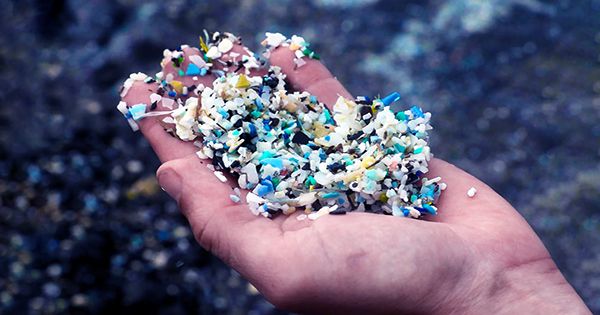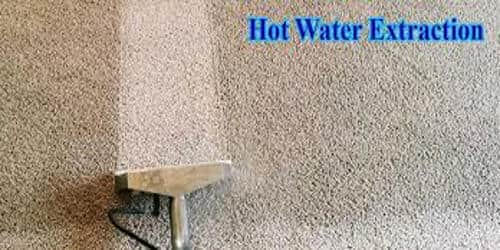Keeping plastic pollution away is one of the ultimate environmental challenges of the human environment. Over the past several years, more focus has been placed on compostable and biodegradable plastics, but specific processes are required to break them down.
Researchers have now announced a new method for plastics that can biodegrade almost completely under conditions that can be more easily achieved. Reported in nature, scientists have embedded special molecules in plastics made of polylactic acid, or PLA, and polyproplactone or PCL. These are already used in compostable plastics.
The special molecules used are enzymes that, when combined with the right conditions, are able to reduce plastic and turn it into lactic acid (which can feed germs in the soil). The enzymes are bound to the polymers and then placed inside the plastic fibers. They did not change the fabric of the material, which can be employed as a common polyester plastic. The magic happens when both water and heat come in contact with the plastic.
In terms of industrial composting, the team’s special PLA has deteriorated to 50 degrees Celsius (122 degrees Fahrenheit) in six days. For PCL, staying at about 40 degrees Celsius (104 ° F) for two days was enough to do the trick. As it currently stands, this method can biodegrade plastics up to 98 percent into smaller molecules and, importantly, does not leave behind any microplastics. Senior author Professor Ting Xu said in a statement, “People are now ready to go for biodegradable polymers for single-use plastics, but if it is found that it creates more problems than its value, the policy could go back again.”
“We’re basically saying we’re on the right track to solve this ongoing problem of single-use plastics not being biodegradable.” The team also verified that modified polyester does not shrink at low temperatures or damp in a short period of time. This means that you can keep a shirt made with this material and it will not be affected by a cold temperature or sweat wash. They actually kept some plastic at room temperature without corrosion
The slightly warm water process began. This, of course, is not an imperfection. This means a water-based compost method for domestic composts. “It has been proven that composting is not enough – people want to make compost in their homes without getting their hands dirty, they want to make compost in water,” Xu added. “So, we tried to see it. We used hot tap water. Just heat it to the right temperature, then leave it and we see that it disappears.”















